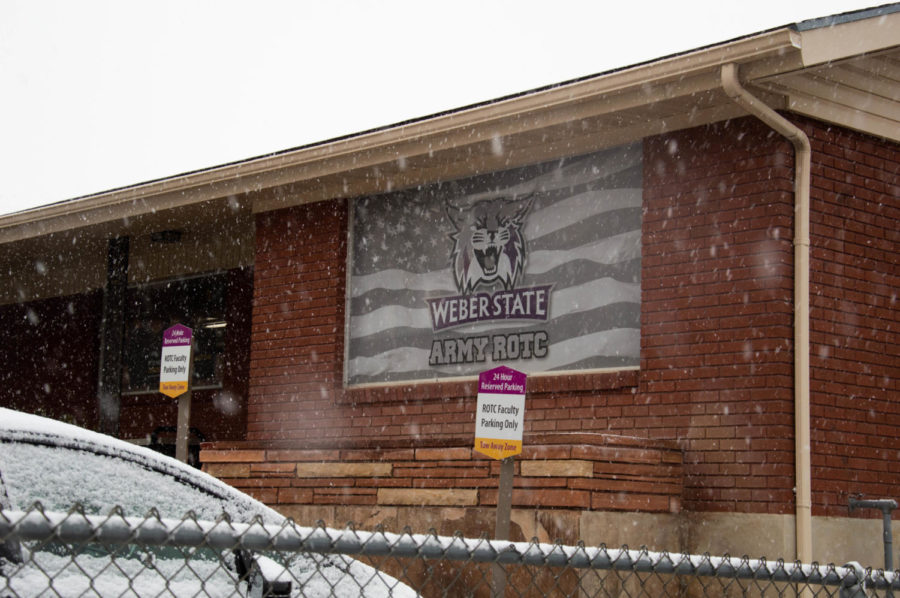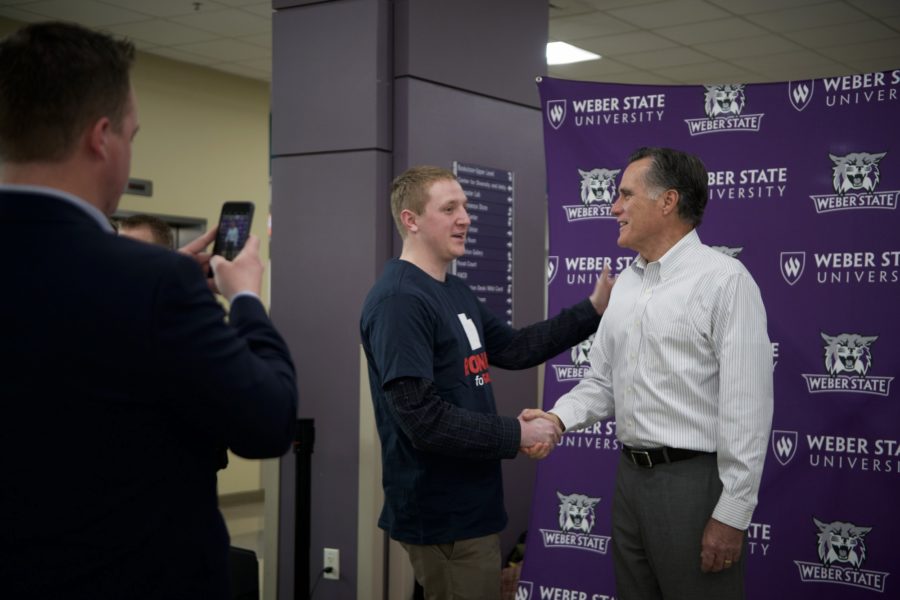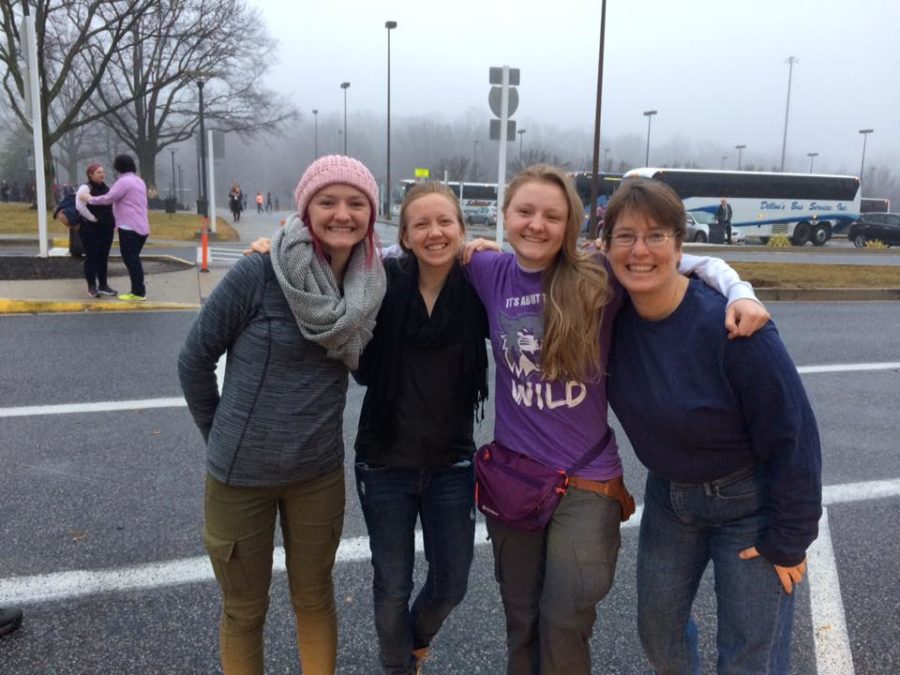
Weber State University students get on the bus by the Social Science Building. Many Wildcats think alternative transportation is more beneficial.
Upon arriving on campus in the late morning, some students find themselves patrolling the parking lots for a spot, or even following other students who are walking to their car. While all this is going on, some students are arriving on campus without the parking woes.
Jose Cortes, a Weber State University junior studying art, said he rides the bus from Clearfield because driving would be a waste of gas. Even though he has to wake up to catch the bus at 7:30 a.m. in order to be at school for an 8:30 a.m. class, he said it’s less expensive.
Michael Ropp, a WSU freshman in musical theater, also rides the bus for an hour to get to campus for an early class, his reason being that his car is broken. David Harrison, a WSU junior in English, gave a similar reason as to why he rides the bus to get to campus in the morning.
“It’s easier and cheaper than buying a car,” he said.
Cortes, Ropp, Harrison and another WSU student, Sean Kosobud, ride the bus every day they have classes on campus. They come from locations as far as Layton and Pleasant View.
Some students don’t travel to campus on the bus every day. Nayab Ashtaq, a WSU student working on her generals, rides the bus on days when the weather is bad. Other students said they ride the bus on days they don’t have to be on campus early because it becomes harder to find parking around midday.
Students aren’t the only ones putting their gas cards away and pulling their bus passes out. Pepper Glass, a professor in the department of sociology and anthropology, also commutes to school using the bus and train systems. Glass lives in Salt Lake City and wakes up at 6:30 a.m. to catch the train into Ogden and then buses up to campus. He does this three or four times a week.
“I’ve only driven — actually it’s only been twice since I moved in June,” Glass said. “So I’m pretty impressed with that.”
Glass said he commutes because, having lived in Los Angeles, he has been commuting for years. He said the only difference between commuting in other cities and commuting in Ogden is that the systems are less crowded.
Glass said riding the train creates a set time for him to do more work. During the hour and so of travel time to campus, he grades papers or reads.
“The train is really nice because you can sit and work,” Glass said. “I can set up my little office and have that while on the train for an hour and a half each day.”
Because the train has a wireless Internet connection, Glass said, he can do the same things on the train as he does in his office on campus.
“It’s like an extension of my office,” he said.
Whether students utilize their free train rides, like Glass does, to get in some studying or do a bit of homework, or are trying to save money by opting to take the bus, many students said they think it’s a better option than driving.
















